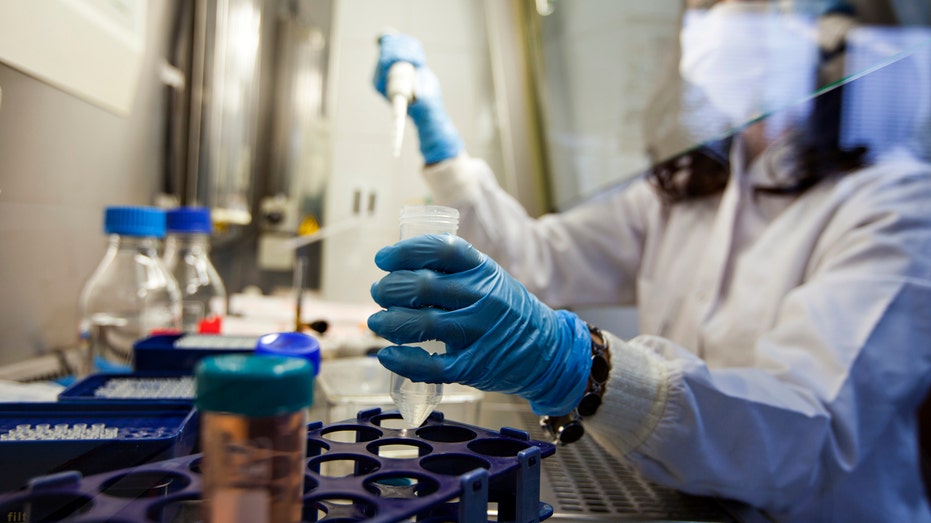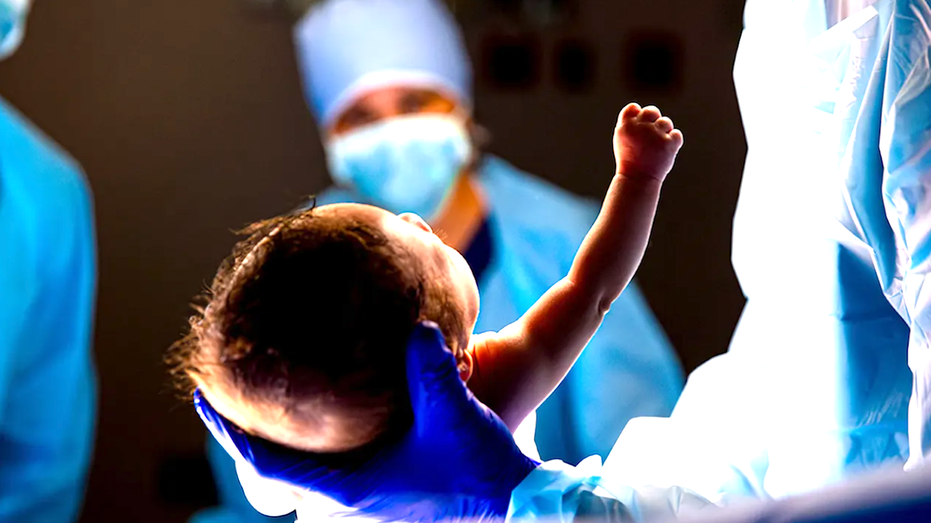Bacterial Toxin Linked to Rising Colorectal Cancer Risk in Young Adults, Study Reveals

Sarah Johnson
April 25, 2025
Brief
New research links childhood exposure to colibactin, a toxin from certain E. coli, with increased early-onset colorectal cancer risk, raising concerns about gut bacteria's long-term impact.
Colorectal cancer rates are climbing among younger adults, and a new study from the University of California San Diego just put a major suspect in the spotlight: colibactin, a toxin produced by certain E. coli bacteria living right in our guts.
Researchers have found that exposure to colibactin during childhood can alter the DNA of colon cells, increasing the risk of developing colorectal cancer before age 50. The findings, published in Nature, are sending shockwaves through both the medical community and anyone who thought E. coli was just a reason to avoid sketchy potato salad.
By analyzing nearly a thousand colorectal cancer genomes from people in 11 countries, the team discovered that those exposed to colibactin early in life were a whopping 3.3 times more likely to get colorectal cancer young, compared to those first diagnosed after 70. Even more concerning: specific DNA mutations caused by colibactin showed up in over half the tumors from patients under 40.
Prof. Ludmil Alexandrov, the study's senior author, called the results "remarkable and sobering"—especially since these microbial fingerprints are mostly left in the first decade of life. That means a kid exposed to this toxin could be on the fast track to cancer decades earlier than expected.
The toxin's genetic signature accounted for about 15% of the early mutations predisposing people to colorectal cancer. While researchers can't yet prove colibactin is the sole villain—other environmental and internal factors are definitely in the mix—this evidence is among the strongest links yet between bacteria and early-onset cancer.
Dr. Emil Lou from the University of Minnesota, who wasn't part of the research, noted that it’s no longer shocking to blame bacteria for cancer. But the real kicker is the delay: a childhood exposure can quietly set up a health crisis decades later. Kind of makes you rethink the phrase “what doesn’t kill you makes you stronger.”
Both experts agree we need more long-term studies to nail down causality and figure out how to prevent these sneaky microbial attacks. For now, the focus is on developing screening tests to catch the damage early and, ultimately, turn these findings into real-world prevention strategies.
With colorectal cancer cases in adults under 50 doubling over the past two decades, and projections putting it on pace to become the leading cause of cancer death among young adults by 2030, this research is a wake-up call. The gut really does have a mind of its own—sometimes, it’s plotting twists you’d never see coming.
Topics
Editor's Comments
Honestly, who knew our own gut bacteria could be plotting against us from childhood? It’s like a microscopic whodunit—except the culprit’s been hiding in plain sight since before you could even ride a bike. Maybe in the future, kids will ask for probiotic gummies the way we begged for candy. The gut truly is the original drama queen.
Like this article? Share it with your friends!
If you find this article interesting, feel free to share it with your friends!
Thank you for your support! Sharing is the greatest encouragement for us.



